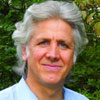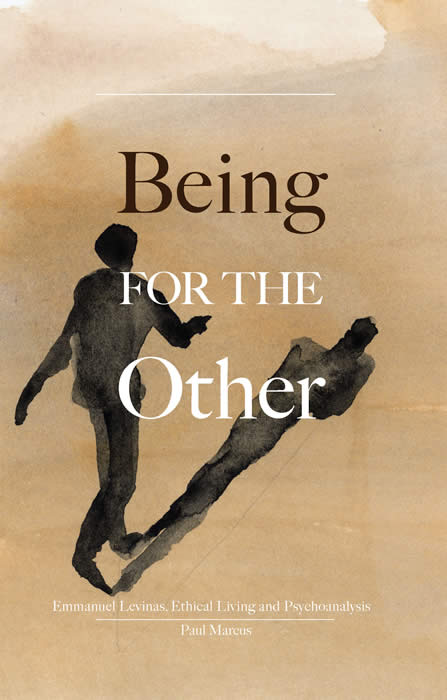65. Being for the Other: Emmanuel Levinas, Ethical Living and Psychoanalysis by Paul Marcus. ISBN 13: 978-0-87462-763-3 ISBN 10: 0-87462-763-X. Paper. 265 pp. $30. Bibliography. Index.
“I am definitely not a Freudian,” declared Levinas in an interview. And yet, Marcus passionately argues, Levinas’s path-breaking ethical writings can profoundly enhance theoretical and clinical psychoanalysis. Like Freud, Levinas was focused on personal existence, on those issues of ultimate value and meaning that are central to what it means to be a human being at its best. Both thinkers were interested in helping to create the conditions of possibility for human beings to be kinder, gentler, stronger, and more reasonable in the face of the harshness, chaos, and moral challenges that we all face in our personal lives and on the world scene. This book aims to contribute to the development of a complementary paradigm to mainstream psychoanalysis, one that is based on the Levinasian assumption that the self is not fundamentally and firstly “for oneself;” as psychoanalysis usually puts forth, but, rather, responsibility for the Other-ethics, is “the essential, primary and fundamental structure of subjectivity.” The author illustrates his thesis-that the self is “hostage” to the other, that psychopathology is “ethical blunting” and treatment success is the enhanced capacity to love – with fascinating clinical vignettes and insights derived from his work as a psychoanalyst.
 Dr. Paul Marcus is Supervising and Training Analyst, National Psychological Association for Psychoanalysis. His previous books include Ancient Religious Wisdom, Spirituality, and Psychoanalysis: Autonomy in the Extreme Situation. Bruno Bettelheim, the Nazi Concentration Camps and the Mass Society; Warring Parents, Wounded Children, and the Wretched World of Child Custody. Cautionary Tales (with Joseph Helmreich).
Dr. Paul Marcus is Supervising and Training Analyst, National Psychological Association for Psychoanalysis. His previous books include Ancient Religious Wisdom, Spirituality, and Psychoanalysis: Autonomy in the Extreme Situation. Bruno Bettelheim, the Nazi Concentration Camps and the Mass Society; Warring Parents, Wounded Children, and the Wretched World of Child Custody. Cautionary Tales (with Joseph Helmreich).






